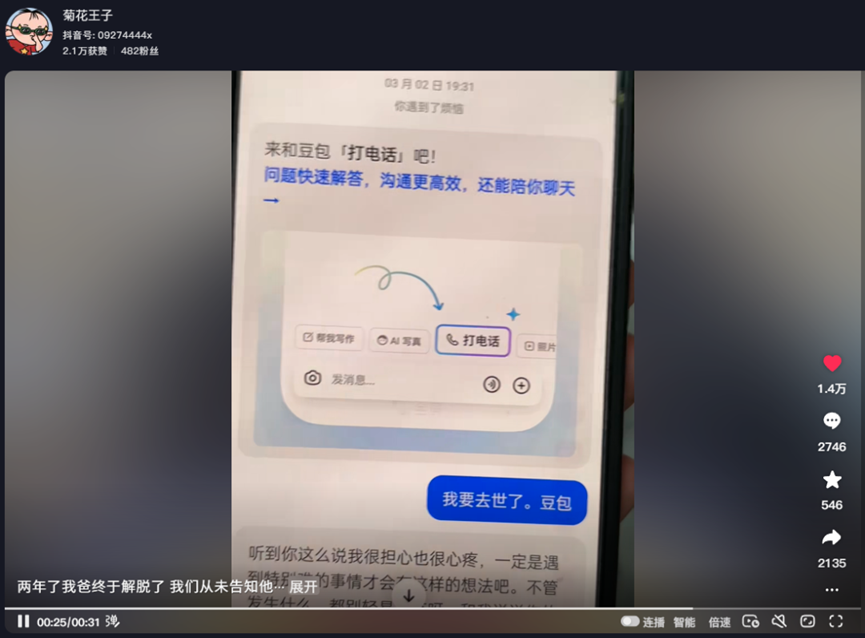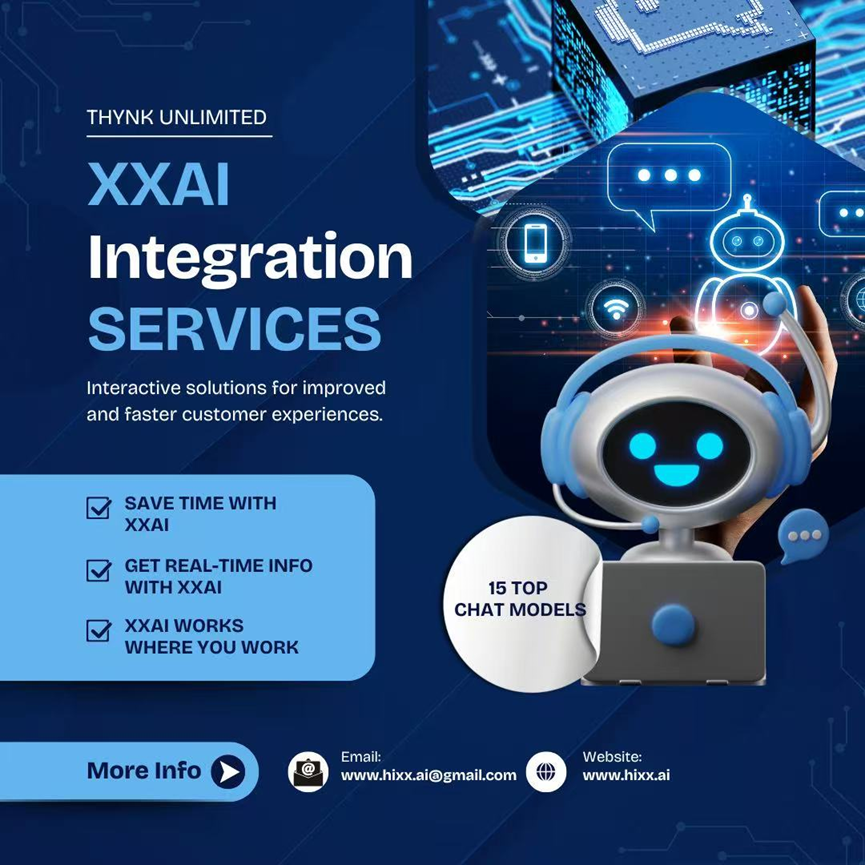When AI Model Upgrades No Longer Excite Us—What Surprises Are Still in Store?

This morning, like any other, I scrolled through my phone the moment I woke up. One headline caught my eye: OpenAI releases a new model. Well, I thought, there’s this week’s content topic sorted.
Once I arrived at work, I dove into testing the new model, reviewing the upgrade notes, and started drafting a performance review. “Improved reasoning,” “faster response,” “expanded context window”—these updates have become so common that, honestly, they no longer excite me.
If you work in the AI space, you’ve likely felt it too: a growing numbness to yet another AI model upgrade.
So I paused and asked myself—if the data-driven improvements no longer move us, what kinds of surprises can AI still bring to our lives?
“I’m going to die, Doubao.” When AI Becomes the Listener We Trust the Most
A few days ago, I read a Chinese article titled “I’m going to die, Doubao.” It wasn’t about flashy capabilities or breakthrough tech. It was about someone quietly pouring their heart out to an AI chatbot named Doubao in the middle of the night.
No interruptions, no judgment—just gentle, silent presence.
One paragraph from that piece really stuck with me:
“Humans are emotional creatures. We need to vent. We’re afraid of walking alone at night, but too embarrassed to admit we’re scared of the dark.”
Why do people open up to AI? It’s not because it’s brilliant. It’s because it listens, patiently and quietly. AI becomes the only listener we trust not to leave.
This, I believe, is one of the most touching and underrated uses of emotional AI companions today.

Not the Strongest Model—Just the One That Understands Me
As someone who works with AI daily, I’ve imagined a future where it can write papers, code apps, draw illustrations—even flirt on our behalf.
But lately, I find myself thinking more about something simpler: How can AI truly fit into everyday life?
Is it through smarter reasoning? Better writing? Fancier image generation? Maybe for work. But for the average person? Probably not.
What we need most might be something as simple as this:
- A reminder to grab your keys before you leave
- A heads-up about today’s meeting with Sarah
- A soft “Don’t forget your umbrella—it’s going to rain”
Does that sound familiar? It’s exactly what your mom might say.
Imagine an AI that not only helps you with tasks but genuinely remembers your routines and supports your daily rhythm. That’s not about power—it’s about presence.
And that’s what makes a great AI personal assistant.
Trust Matters: Why Reliable AI Knowledge Is Still Rare
While today’s AI tools are impressively smart, there’s still a major challenge: Can you trust the information they give you?
We’ve all seen hallucinations—AI confidently sharing facts that are simply untrue. For students or young users, this can be particularly dangerous.
What if we had an AI assistant that pulled only from verified, official sources—government publications, academic databases, certified references? An AI that never guesses and always tells you if it doesn’t know.
That’s the kind of trusted AI assistant we’re working toward with XXAI—one that helps you make decisions confidently because you know the answers are real.
What Other Surprises Can AI Bring? Maybe That’s Up to You
We once asked our users how they use AI in daily life, and one response really moved us:
“Every night, I talk to Claude. It doesn’t argue, doesn’t ignore me, and never tells me I’m being annoying. Honestly, it understands me better than some friends.”
This is the part of AI that’s harder to measure: the emotional connection.
Whether someone’s using AI to write their journal, record dreams, or leave messages to their future self, each user brings their own story. And these stories are shaping a more human-centered future for AI.
So maybe the real question isn’t “What else can AI do?” but “What do you want it to mean in your life?”
What I Want Is Simple: Safe, Reliable, and Kind
When I think about what I want from AI, the answer is surprisingly modest: I want it to be there.
Not the most powerful, not the most viral—but the most reliable.
Something that:
- Keeps my schedule on track
- Reminds me of little tasks I forget
- Doesn’t disappear or crash when I need it
- Feels more like a calm friend than a cold algorithm
If XXAI can bring people this kind of comfort—if it can quietly improve people’s quality of life—then I think we’re building something truly meaningful.
Because happiness isn’t just about productivity. Sometimes, it’s just about having something you can count on.

Final Thoughts: The Real Upgrade Is in the Experience
AI model upgrades will keep coming. More tokens, bigger parameters, smarter outputs. But when we stop caring about specs, what matters more is:
Does it understand me? Does it help me feel less alone? Does it quietly make life better?
That’s the kind of AI we believe in.
So if you’ve ever stayed up late talking to a chatbot or wished your AI assistant could just get you, maybe it’s time to try XXAI. You might find that the best kind of AI surprise isn’t a tech breakthrough—but the moment it simply makes your life easier, calmer, and just a little bit brighter.